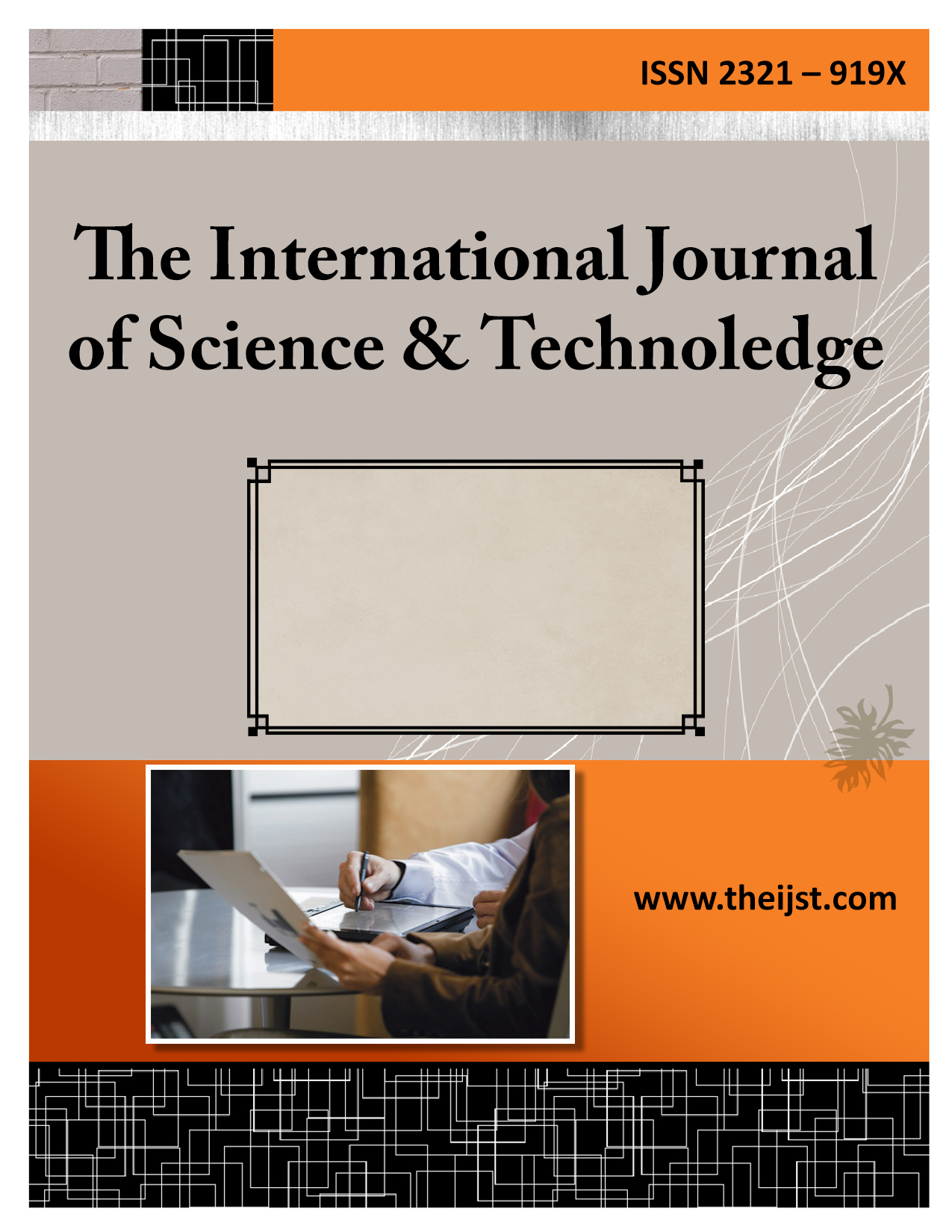The digital publishing industry has undergone significant transformations in recent years, driven by technological advancements that have changed the way we create, distribute, and consume content. As we move further into the digital age, several emerging technologies are shaping the future of digital publishing. In this blog post, we will explore five of these cutting-edge technologies that are revolutionizing the world of digital publishing.
- Artificial Intelligence (AI) and Machine Learning: AI and machine learning technologies have made significant inroads in digital publishing. They are used to analyze vast amounts of data to gain insights into reader preferences, content performance, and trends. AI-driven algorithms are also being used to personalize content recommendations, optimize pricing strategies, and even automate content creation. For instance, AI can generate news articles, reports, or product descriptions, saving time and resources for publishers.
- Blockchain Technology: Blockchain is making waves in the world of digital publishing by addressing issues of trust and transparency. It can be used to establish verifiable ownership of digital assets, combat piracy, and streamline royalty payments to authors and creators. Additionally, blockchain-based smart contracts can automate licensing agreements, ensuring that content usage is properly compensated and tracked. This technology is helping publishers and authors protect their intellectual property in the digital realm.
- Augmented Reality (AR) and Virtual Reality (VR): AR and VR technologies are providing immersive storytelling experiences for readers. Publishers are using AR and VR to create interactive content that enhances engagement. For example, readers can use their smartphones or VR headsets to explore 3D environments, unlock hidden content, or even become a part of the story. These technologies open up new possibilities for educational content, travel guides, and fiction narratives, making digital publishing more engaging and interactive.
- Voice Search and Voice Assistants: Voice search and voice assistants like Amazon’s Alexa and Apple’s Siri are changing the way readers discover and consume content. Publishers are optimizing their content for voice search, which requires a different approach to SEO and content formatting. Audiobooks and podcasts are also becoming increasingly popular, with publishers producing audio versions of books and other written content. Voice technology is expanding the reach of digital publishing and providing new avenues for content delivery.
- 5G Connectivity: The rollout of 5G networks is transforming the digital publishing landscape by offering faster and more reliable internet connectivity. This enables the seamless streaming of high-definition multimedia content, making digital magazines, videos, and interactive applications more accessible to readers. With reduced latency, users can enjoy real-time collaboration, live streaming, and cloud-based services. Publishers are leveraging 5G to deliver content that was previously limited by slower internet speeds.
The digital publishing industry is evolving rapidly, thanks to these emerging technologies. AI and machine learning are enhancing content creation and personalization, while blockchain is ensuring trust and transparency. AR and VR provide immersive experiences, voice technology is changing how readers access content, and 5G connectivity is making high-quality multimedia content more accessible than ever before. Publishers who embrace these technologies can stay ahead of the curve and provide innovative and engaging content experiences for their readers. There are several journal calls for papers that talk about this thing. As these technologies continue to develop, we can expect even more exciting changes in the world of digital publishing in the years to come.










